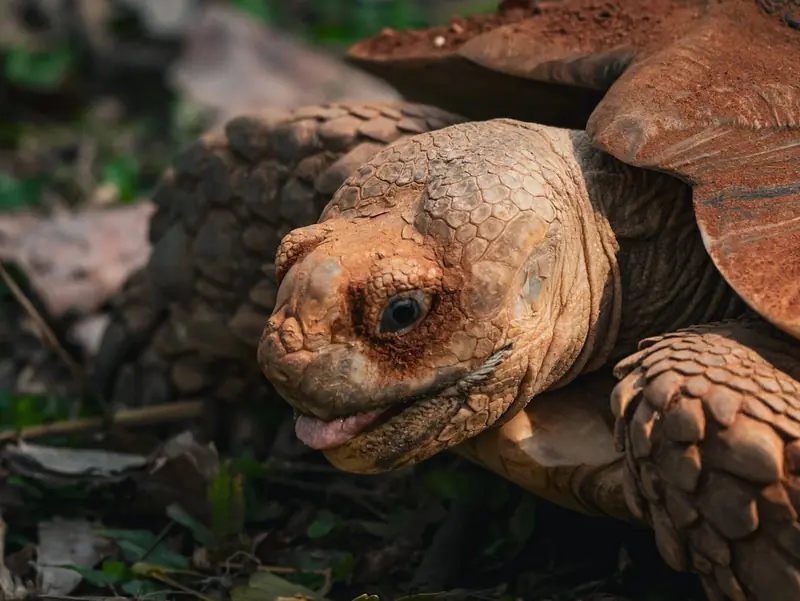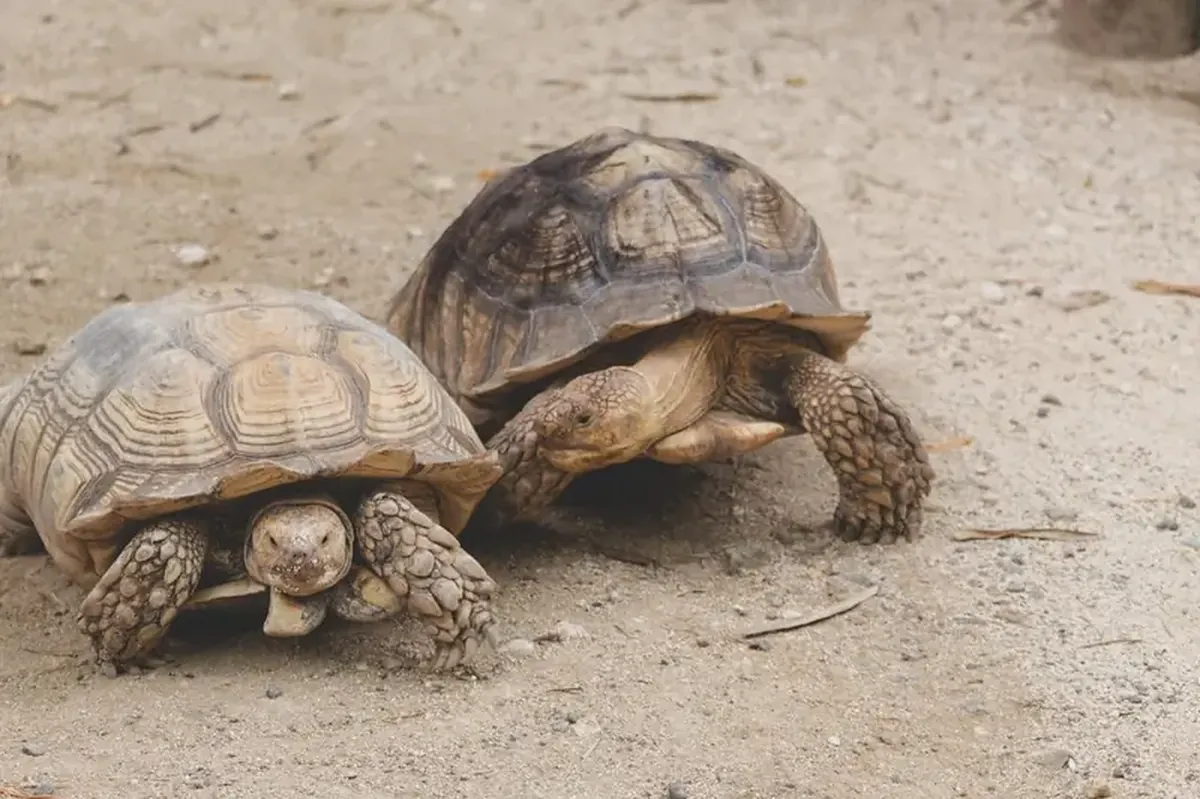
Philosophers have spent thousands of years debating whether animals have feelings. When it comes to birds and mammals, as previously established, they can boast a wide range of emotions. However, evidence suggesting that reptiles share this trait has been lacking until now.
How Was the Research Conducted?
A team of scientists from the University of Lincoln (UK) involved 15 red-footed tortoises (Chelonoidis carbonaria) in their study.
Initially, the tortoises were subjected to a cognitive bias test, originally designed to detect optimistic and pessimistic moods in humans and other mammals. Now, the authors of this study applied the test to reptiles.
The researchers set up five locations for food bowls arranged in an arc within the enclosure. At first, the tortoises were trained to recognize that one bowl would soon be filled with food, while another would remain empty. Then, the food containers were spontaneously moved to unexpected locations, as reported by IFLScience.
While this might not concern other animals, for a tortoise, crawling to an empty bowl without reward is a waste of energy. Meanwhile, the researchers recorded how the reptiles reacted to these “provocations” involving food, particularly whether they dared to venture out.
In a second experiment, conducted in the same enclosure, the tortoises encountered new objects instead of bowls. This was an anxiety test designed to reveal the animals’ attitudes toward unfamiliar things and situations.

What Did the Results Show?
During both experiments, the scientists observed the tortoises’ behavior in various scenarios, including their body language, such as poking their heads out of their shells.
According to the authors, this is the first instance of a cognitive bias test being conducted on any species of reptiles and documented in a scientific article.
The team noted that some tortoises (who apparently had a positive outlook on life) hurried to the bowls, unsure if they contained food. In contrast, others hesitated, fearing there would be nothing edible. The researchers also found that the optimistic tortoises exhibited lower levels of anxiety in the second test.
The scientists believe these results indicate that tortoises may experience positive or negative moods. “This exciting discovery is a significant breakthrough in our understanding of what reptiles may feel and has important implications for how we care for these animals in captivity and interact with them in the wild,” remarked Professor Oliver Burman, the lead researcher.
From an evolutionary perspective, this suggests that either the last common ancestor of reptiles, birds, and mammals had feelings, or tortoises—and possibly some other reptiles—developed them independently.
The findings of the study were published in the journal Animal Cognition.
